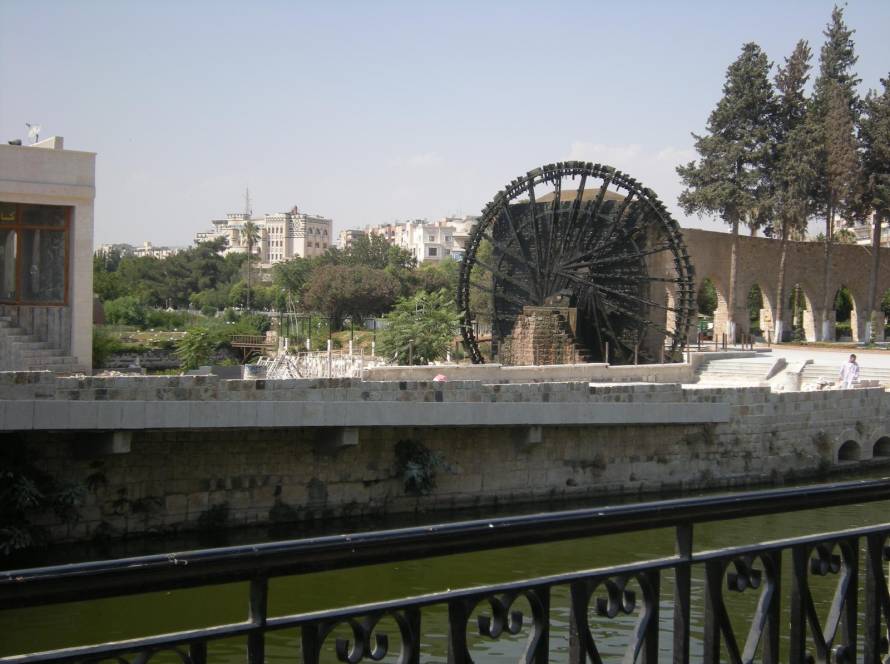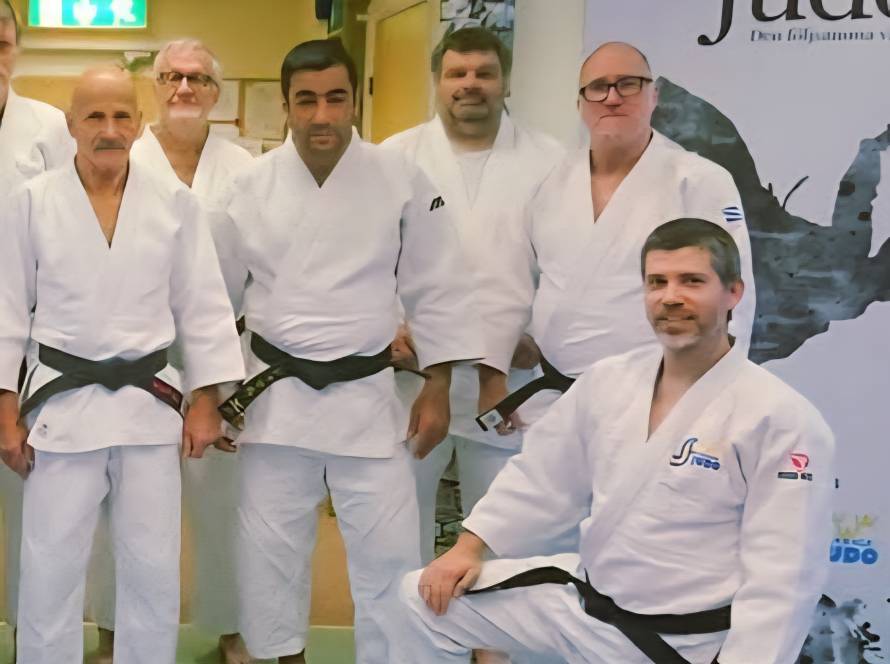When we talk about courage, we often imagine it in grand, cinematic terms—heroes charging into danger, defiant speeches delivered in front of cheering crowds. But in the real world, courage is quieter. It happens behind closed doors, in isolation, in fear. And sometimes, it’s punished with silence, exile, or worse.
That’s the kind of courage at the heart of Beneath the Regime, Beyond the Fear—the story of Naser Naser, a former Major General in Syria’s Political Security Department who made an impossible choice: to stand against the regime he once served. It wasn’t a decision made lightly. It wasn’t made for recognition. It was made in the dark, under threat, with no applause and no promise of safety. And yet, he chose to speak.
Reading his story forces us to confront a question that’s both deeply personal and politically urgent: What would you do?
What would you do if you knew the truth, but telling it meant losing your family, your homeland, your future? Would you stay silent to protect what you love, or speak up and risk everything?
Moral Crossroads Are Closer Than We Think
For most of us living in democratic societies, the question can feel hypothetical. But the reality is, history is full of moments where silence enabled cruelty. From genocides to dictatorships, from corporate corruption to institutional abuse, the pattern is often the same: a few brave voices speak out, most don’t.
Naser’s story is not just a Syrian story. It’s a human story. His moral crossroads—between complicity and conscience—is one many of us hope we’d never have to face. But what if we did?
We like to believe we’d do the right thing. But the right thing is rarely the easy thing. And it’s almost never safe.
The Real Cost of Conscience
For Naser, the cost was steep. After defying the regime, he was thrown into solitary confinement. Not for days. For months. In a cell barely larger than a coffin, with no light, no human contact, no certainty he’d ever see the outside world again. It wasn’t just physical imprisonment, it was psychological devastation.
But the pain didn’t end there. After his release, the world didn’t welcome him with open arms. He was branded a threat, a risk, even in places that were meant to offer refuge. The suspicion lingered. The isolation deepened. The punishment for telling the truth didn’t stop at the prison gates.
And yet, he kept going. He built a life. Found his voice again. And, with the help of writer Andrea D. Woolhead, told the story that so many would rather forget.
Why These Stories Matter
We live in a time where truth is contested, where whistleblowers are often villainized, and where authoritarianism is rising in plain sight. In this landscape, stories like Naser’s are more than cautionary tales, they are moral compasses.
They remind us that silence isn’t neutral. That looking away has consequences. That standing up, even when you’re alone, can change everything.
By reading Beneath the Regime, Beyond the Fear, we’re not just witnessing a man’s personal history. We’re being invited to ask ourselves uncomfortable, important questions. Not in theory, but in practice.
What are we willing to risk for the truth?
Whose voices are we ignoring because it’s easier not to listen?
And when we’re finally forced to choose between comfort and conscience, who will we become?
A Story That Stays With You
What makes Naser’s account so powerful isn’t just what happened to him. It’s how quietly, how honestly, he tells it. There’s no grandstanding. No self-pity. Just the facts, and the emotional residue of surviving something no one should ever have to.
This kind of storytelling doesn’t scream. It whispers. And that’s exactly why it lingers.
You may never find yourself in a prison cell in Syria. You may never have to flee your country or fear for your children’s lives. But you will, at some point, be asked to make a moral choice. Maybe it’ll be at work. In your community. In your family. And when that moment comes, Naser’s story might be the one that reminds you who you are.
Beneath the Regime, Beyond the Fear is available now. It’s more than a book. It’s a conversation starter, a mirror, and a challenge. Read it. Share it. And ask yourself, with humility and honesty:
What would you do?




